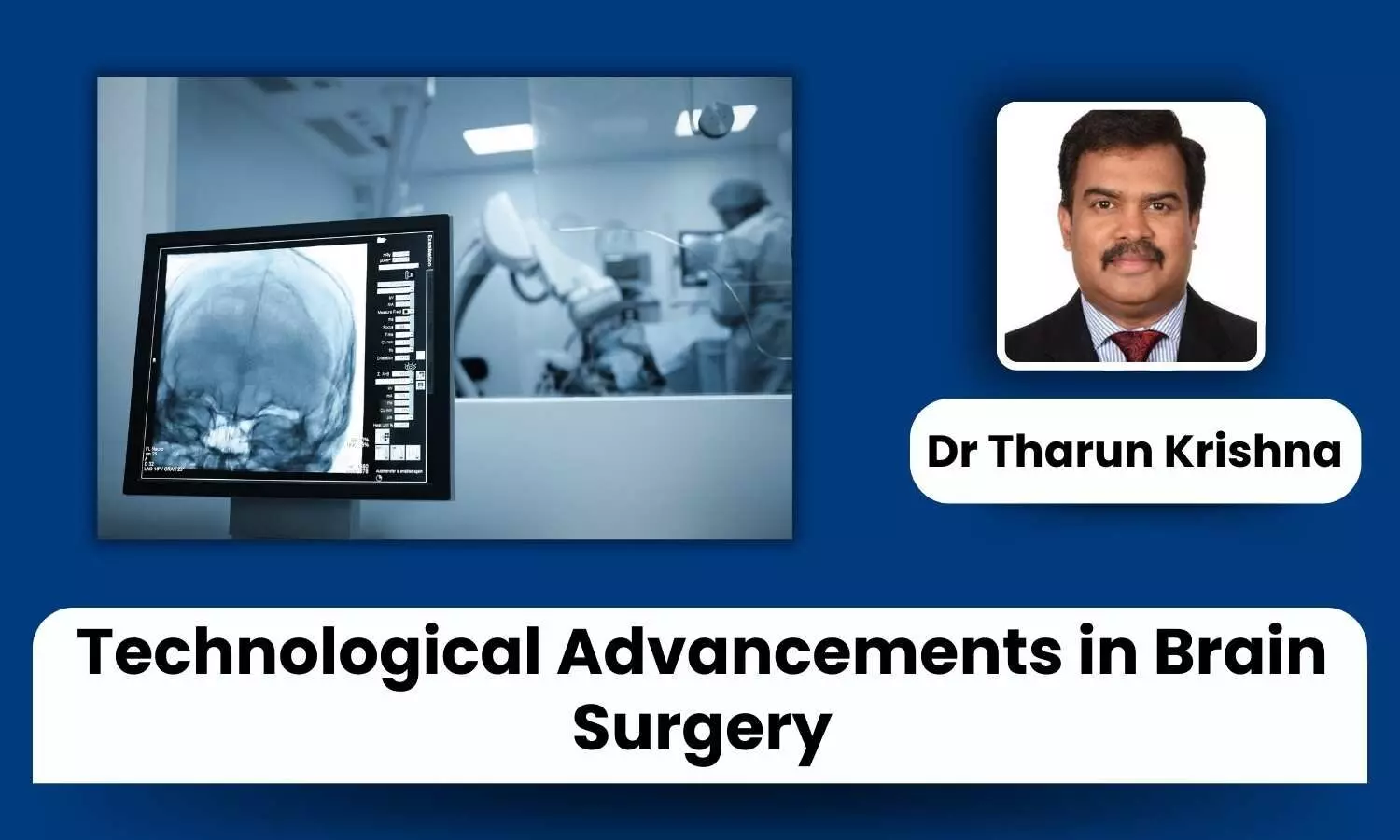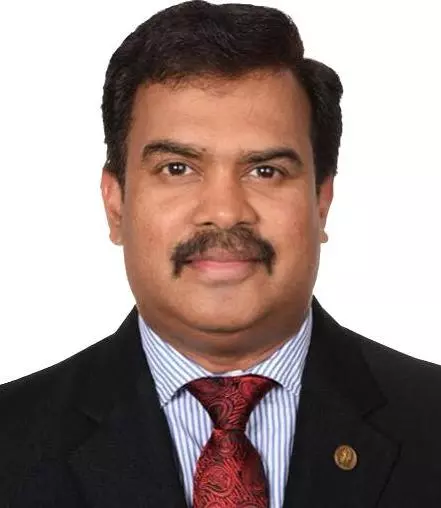How Technological Advances Improve Patient Safety in Brain Surgery - Dr Tharun Krishna

Brain surgery is one of the most complex and delicate medical procedures, requiring a high degree of precision and expertise. The stakes are incredibly high, as even minor errors can lead to significant complications, including neurological damage, loss of function, or even death. Ensuring patient safety in brain surgery is paramount, as the well-being and recovery of patients depend on the meticulous execution of each step of the procedure.
In recent years, technological advancements have revolutionized the field of brain surgery, significantly enhancing patient safety and surgical outcomes. Innovations such as neuro-navigation systems, intraoperative imaging, robotic-assisted surgery, and advanced monitoring tools have transformed traditional surgical practices. These technologies provide surgeons with enhanced visualization, greater precision, and real-time feedback, enabling them to perform complex procedures with increased accuracy and reduced risk.
By integrating cutting-edge technology into brain surgery, medical professionals can now offer safer and more effective treatments, ultimately improving the quality of life for patients. In this blog, we will explore the various technological advancements that have made significant strides in improving patient safety in brain surgery and discuss their impact on surgical outcomes.
Neuronavigation Systems: Neuronavigation systems are akin to GPS for the brain. These systems use pre-operative imaging data to guide the surgeon during the procedure, ensuring that they can reach the target area with minimal disruption to surrounding tissues.
Image-Guided Surgery: Real-time feedback and precise navigation reduce the risk of human error, making surgeries safer and more effective.
Augmented Reality (AR): AR overlays digital information onto the surgeon’s field of view, providing critical data during the operation without diverting their attention away from the surgical site.
Intraoperative Imaging (MRI and CT Scans): Intraoperative imaging technologies, particularly MRI and CT scans, have become invaluable tools in brain surgery, providing surgeons with real-time visual feedback that significantly enhances patient safety and surgical precision. These technologies enable surgeons to make informed decisions during the procedure, improving outcomes and reducing the risk of complications.
Robotics and Minimally Invasive Techniques: Robotic systems have made significant inroads in brain surgery, offering enhanced dexterity, precision, and control.
Robotic Surgical Systems: These systems allow surgeons to perform complex procedures with greater accuracy and less fatigue. The robotic arms can make tiny, precise movements beyond human capability, improving surgical outcomes.
Teleoperation: Surgeons can operate on patients remotely, using robotic systems. This has the potential to bring specialized surgical expertise to patients in remote or underserved areas, improving access to high-quality care.
3D Printing and Virtual Reality: Technological innovations such as 3D printing and virtual reality (VR) are revolutionizing brain surgery, significantly enhancing patient safety and surgical precision. These technologies enable surgeons to plan, simulate, and execute complex procedures with greater confidence and accuracy.
Intraoperative Monitoring Systems: Intraoperative monitoring systems involve the continuous assessment of a patient's neural functions during surgery. These systems use various technologies to monitor the electrical activity of the brain, spinal cord, and peripheral nerves. The goal is to prevent neurological damage by providing real-time feedback to the surgical team.
Smart Instruments and Sensors: Smart instruments and sensors are advanced tools equipped with various sensors, microprocessors, and connectivity features. They provide real-time data, enable precise movements, and enhance the surgeon's ability to perform complex procedures with greater accuracy.
Patient-Specific Innovations: Personalized medicine is making strides in brain surgery, with treatments tailored to individual patient profiles.
Genetic Profiling: Understanding a patient’s genetic makeup can help in planning more effective and personalized treatment strategies.
Bioprinting: Though still in its infancy, bioprinting holds promise for creating patient-specific implants and tissue grafts, potentially improving recovery and outcomes.
In conclusion, technological advances have revolutionized patient safety in brain surgery, marking a transformative era in neurosurgical care. Through the integration of intraoperative monitoring systems, smart instruments, and advanced imaging technologies, surgeons can now navigate intricate procedures with unprecedented precision and real-time feedback.
These innovations not only mitigate risks during surgery but also enhance outcomes by preserving critical neurological functions and minimizing postoperative complications.
Looking ahead, continued research, ethical considerations, and the evolution of artificial intelligence promise further advancements, ensuring that patients receive safer, more effective treatments tailored to their individual needs. As technology continues to evolve, the future holds promise for even greater strides in enhancing patient safety and improving overall quality of care in neurosurgery.


